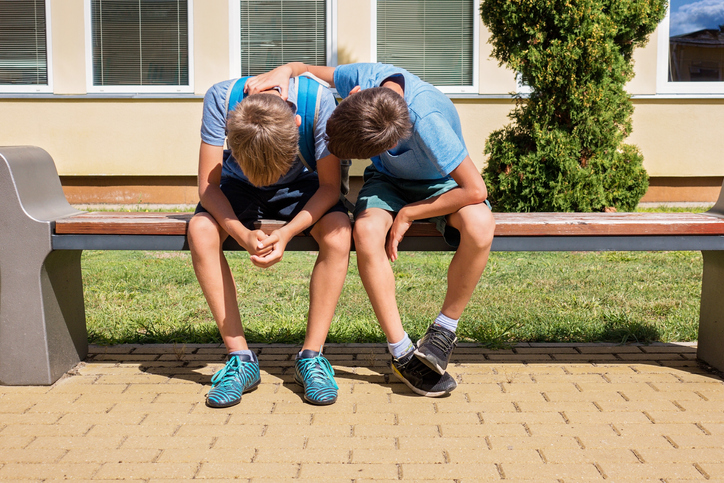I’m worried about a friend – what can I do?
You may be worried about a friend who is a victim of crime.
This content has been written for children and young people. If you’re looking for information for over 18s, visit our Coping with Crime information.
Your friend may have told you what has happened, or you may have noticed a change in their behaviour. They might be struggling to cope with something that happened to them in the past, or something that is happening to them now.
It can be hard to know what to do, but talking to them can be a big help.

